Israel launched a wave of airstrikes across Gaza early Tuesday, killing at least 413 Palestinians, including women and children, in an operation that shattered a cease-fire in place since January.
“So far, 413 martyrs have arrived in hospitals in the Gaza Strip,” a Health Ministry statement said, adding: “A number of victims are still under the rubble and work is underway to recover them.”
The surprise bombardment reignited the 17-month conflict and signaled a potential return to full-scale war.
Prime Minister Benjamin Netanyahu authorized the strikes after Hamas rejected Israeli demands to amend the cease-fire terms.
Israeli officials warned the operation was open-ended and expected to escalate. The White House consulted before the attack, expressed support for Israel’s actions.
The Israeli military ordered mass evacuations in eastern Gaza, including the northern town of Beit Hanoun and areas further south, suggesting ground operations could soon follow.
“Israel will, from now on, act against Hamas with increasing military strength,” Netanyahu’s office declared.
Ramadan bloodshed
The attack during the Muslim holy month of Ramadan deepened concerns over the fate of approximately two dozen Israeli hostages still held by Hamas.
A senior Hamas official, Izzat al-Risheq, called Netanyahu’s decision a “death sentence” for the captives, accusing him of prioritizing political survival over their safe return.
There was no immediate response from Hamas, signaling a possible attempt to salvage the truce.
Netanyahu faces growing domestic pressure, with mass protests planned over his handling of the hostage crisis and his abrupt firing of Israel’s internal security chief.
The leading group representing hostages’ families accused the government of abandoning their loved ones.
“We are shocked, angry, and terrified by the deliberate dismantling of the process to bring our loved ones home,” the Hostages and Missing Families Forum said.
Mass casualties
A strike in Rafah wiped out 17 members of a single family, including 12 women and children, according to European Hospital officials.
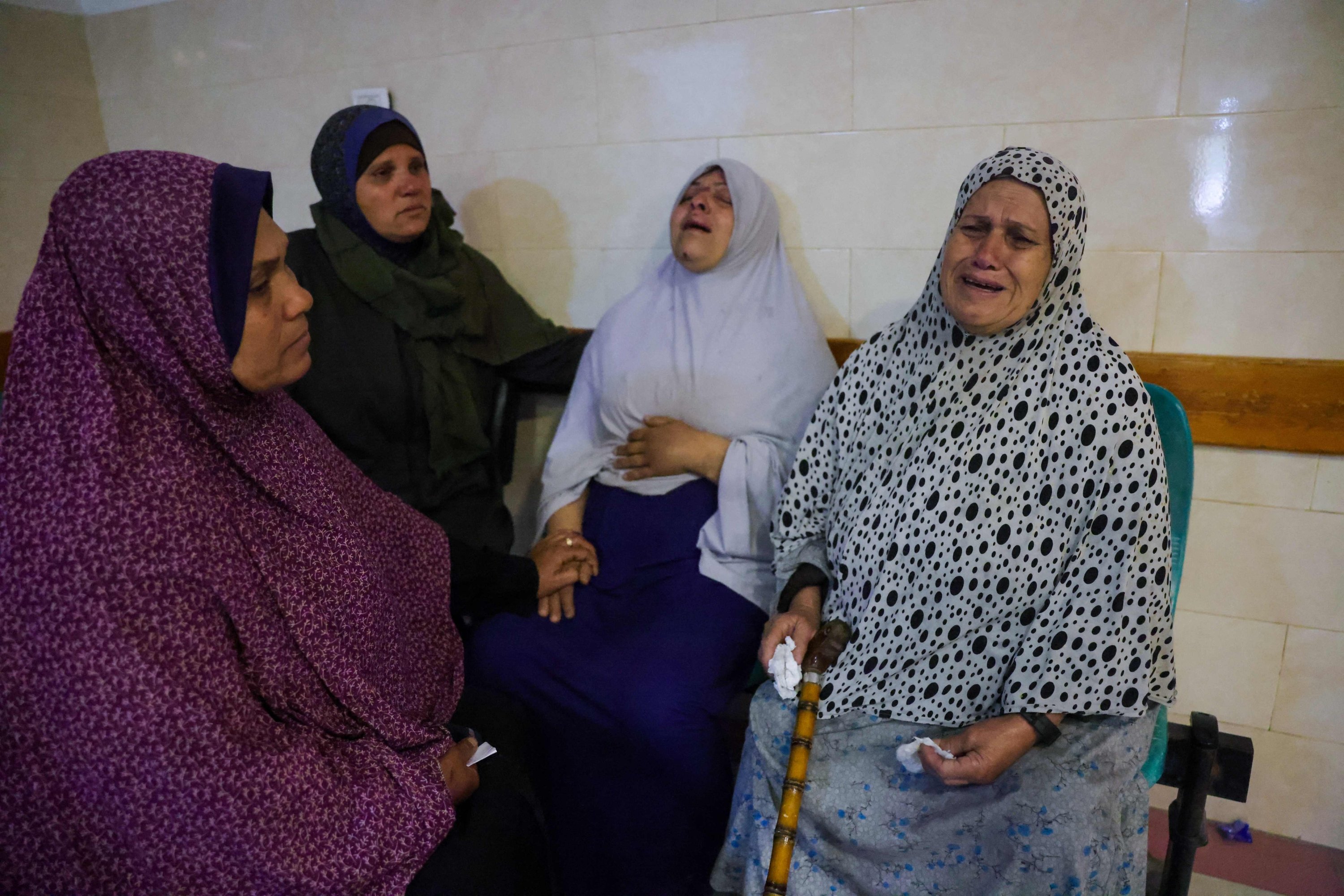
In Khan Younis, Associated Press (AP) reporters documented widespread devastation, with ambulances rushing the wounded to Nasser Hospital.
A young girl cried as medics bandaged her bloodied arm.
Health officials reported at least 322 deaths across seven hospitals, though the toll is likely higher as rescuers continue searching for bodies.
Israel and Hamas dig in
Netanyahu’s government insists Hamas’ refusal to release hostages forced Israel’s hand. “Hamas could have extended the cease-fire by releasing captives, but it chose refusal and war,” said National Security Council spokesman Brian Hughes.
An Israeli official, speaking anonymously, said the military was targeting Hamas leaders, military sites, and infrastructure, with plans to expand the offensive.
Defense Minister Israel Katz issued a grim warning: “The gates of hell will open in Gaza if our hostages aren’t released.”
The latest conflict began on Oct. 7, 2023, following Hamas’ incursion on southern Israel, killing 1,200 people and taking 251 hostages.
In response, Israel launched a military campaign that has since killed over 48,000 Palestinians, according to local health officials, and displaced 90% of Gaza’s population.
A cease-fire deal in January brought temporary relief, leading to the release of 25 Israeli hostages in exchange for nearly 2,000 Palestinian prisoners.
However, talks on a second phase faltered as Israel pushed an alternative proposal while tightening its blockade of Gaza, cutting off food and fuel.
Hamas has demanded a full Israeli withdrawal and an end to the war in exchange for releasing the remaining captives, while Israel insists on destroying Hamas before considering peace.
The two sides remain locked in a deadly stalemate.
Netanyahu’s political gamble
Critics argue Netanyahu is using the renewed offensive to consolidate power.
His far-right coalition allies support depopulating Gaza and rebuilding Jewish settlements.
A return to war could also help him avoid tough negotiations over Gaza’s post-war governance.
Meanwhile, Israeli protesters are preparing mass demonstrations, demanding answers on the hostage crisis and condemning Netanyahu’s leadership.
The decision to fire the head of Israel’s Shin Bet security agency has only fueled suspicions of political maneuvering.
With mediators from the U.S., Qatar, and Egypt still pushing for a cease-fire framework, hopes for diplomacy remain slim.
Hamas’ return to the streets in recent weeks suggests it was preparing for another round of resistance.

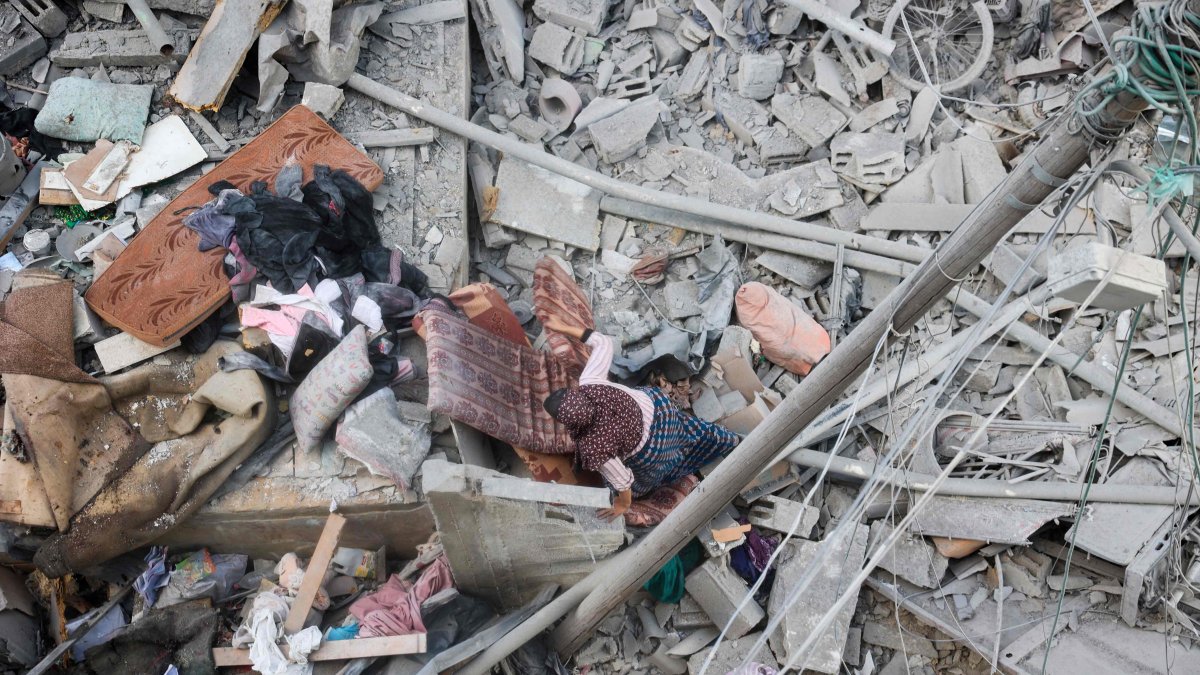


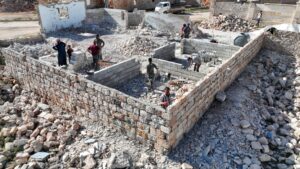



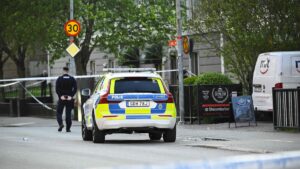
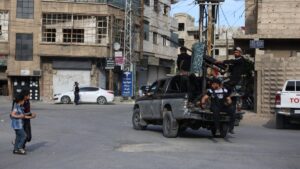
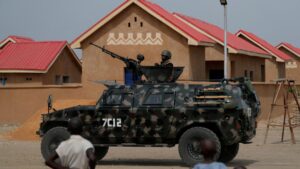
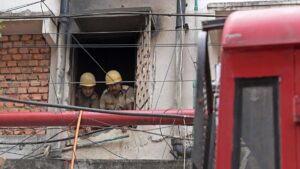
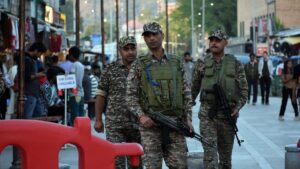
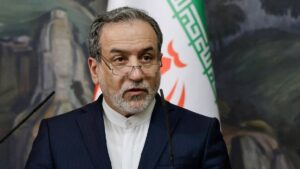



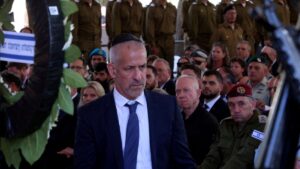
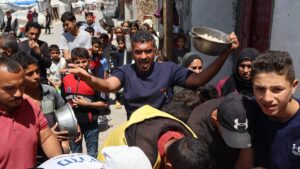
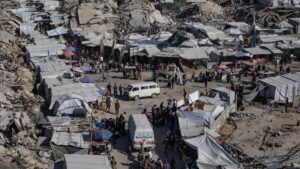
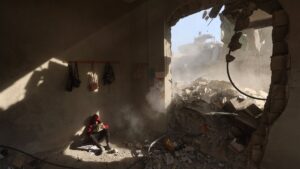


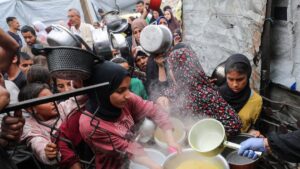

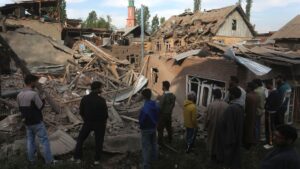
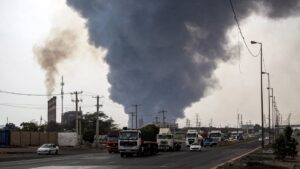





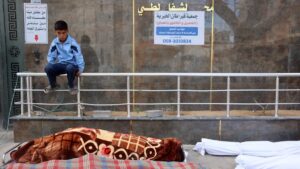



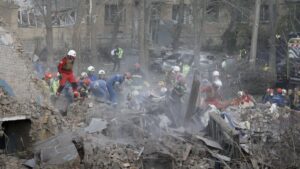





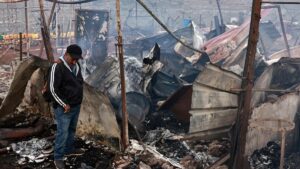
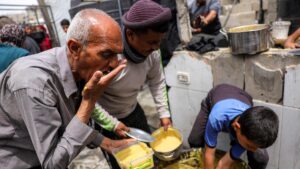

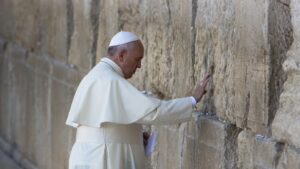
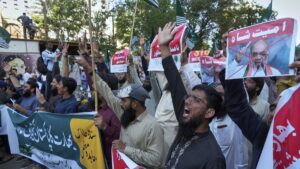
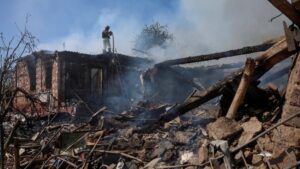

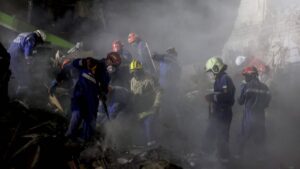

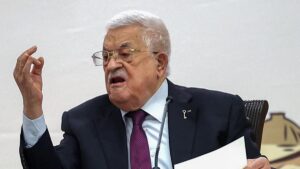
Be First to Comment